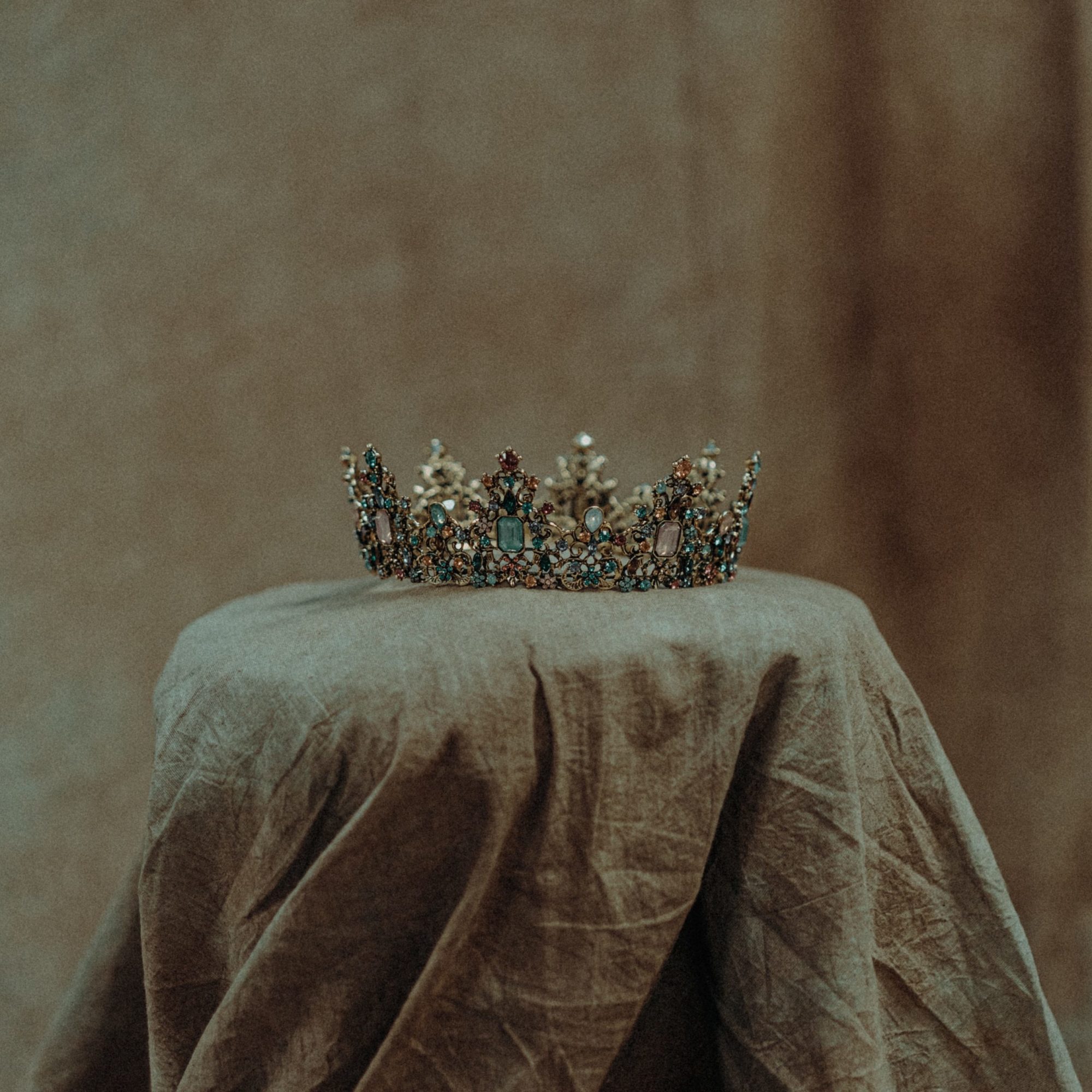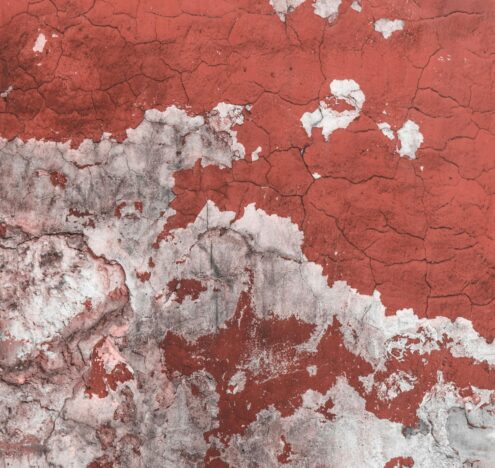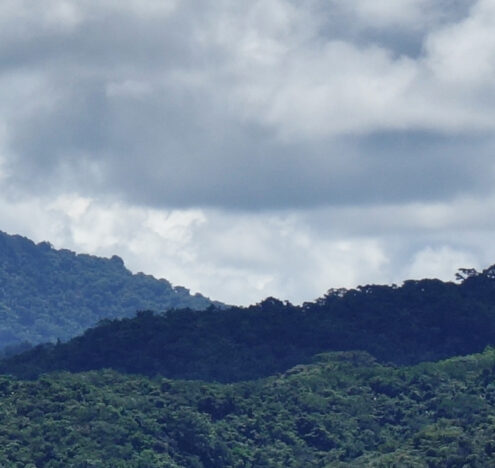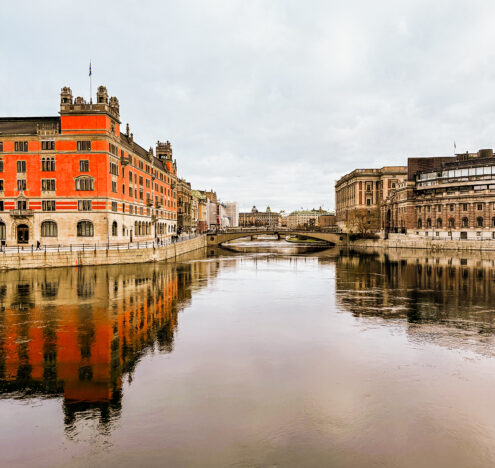At the end of March, Jamaican activists lined the streets of Kingston to protest the visit of the Duke and Duchess of Cambridge. Dominated mainly by the slogans Seh Yuh Sorry!, and Apologize Now, the protests revolved around demanding reparations for slavery and an apology from the British Royal family.
A media blitz surrounded and followed the visit — news about the British Royal family is easy click-bait, and not just in the UK. Media headlines were quick to capitalize on images of the Duke and Duchess on various occasions with a specific focus on Kate’s fashion choices, even in articles that purported to cover the protests. “A lot of times stories like this are centered around the present and the royal family rather than the specific issues locals are trying to bring up,” said Dipo Faloyin, senior editor at VICE and author of “Africa Is Not A Country.”
Activists, meanwhile, were attempting to start a much more serious conversation — about the legacy of slavery, contemporary coloniality, and grievances at the monarchy. Scholar and activist Nadeen Spence finds royal visits to be insulting. She said, “the end of colonialism and slavery has not changed the way white British people perceive people of African descent. Why else would you continue to perpetuate a relationship born out of such injustice?” Long-time activists including Opal Adisa, a poet and gender rights specialist who works with the Advocates Network, led the protests and designed the narrative around demands for accountability, reparations, and a historically grounded engagement with Jamaica’s present and future.
When it comes to the British monarchy, why is the international mainstream media reluctant to dive into more serious issues related to colonialism?
PAST IS PRESENT
“On the day after Kate and William came, my father and I were driving into Kingston. My father, who was born in 1929, said when he was a boy after slavery, his mother went to get water near a former estate called Hampstead. My grandmother went to get water and the overseer of that property ran her down and took the pan from her and whipped her and she had to go back and work on the estate to get the pan back. Slavery is not in the distant past it’s a part of my story,” recounted Spence.
Jamaica remained a colony for over 300 years, first under Spanish rule and later as part of the British empire from 1655 to 1962. Under British rule, the colony became one of the most important places in the world, renowned for its sugar exports, and it was enslaved Africans that labored and produced the crops. Rebels known as Maroons mobilized against British cruelty from the 1700s but it wasn’t until the mid 20th century that Jamaicans were able to gather together a strong political standing to fight for independence. Following the end of World War II, and a sweeping decolonization movement across the globe, Jamaica was able to form its own political party, and finally establish an independent government in 1962. However, the country remained a Commonwealth realm, which meant maintaining the monarchy with the Queen as head of state and maintaining cooperative ties with Britain and other Commonwealth nations. The Commonwealth of Nations is a political entity that unites 54 countries, most of whom have former ties to the British empire; a Commonwealth realm is a country that still recognizes the Queen of England as head of state. Jamaica is currently both a Commonwealth realm and a member of the Commonwealth of Nations, and the current movement is towards becoming an independent republic, which would mean cutting ties with the crown and gaining sovereignty. Whether Jamaica will remain part of the Commonwealth of Nations after detaching from the monarchy is a secondary and less urgent debate.
“We’ve heard a lot about the future of the Commonwealth and monarchy but we can’t have honest discussions about that without looking at the past.”
The legacy and history of slavery in the Caribbean is palpable, visible, enmeshed in the architecture of the islands and in the unequal relationships between the visiting royals and the locals they drive past (in this case in a tone-deaf colonial relic of a historic landrover). “When the Prime Minister told the duke and duchess that Jamaica was thinking of becoming independent, and the duke gave his speech they both did so at houses made by slave owners,” said Professor Trevor Burnard, a historian with a focus on 18th-century slave empires and a professor at the University of Hull.
“Jamaicans deserve a head of state who is wholly representative of them and has the best interests of the island in mind,” said Christina Ivey, a freelance journalist based in Kingston. Jamaica has already started the process of removing the Queen as head of state, but it is a lengthy political undertaking. Last year Barbados gained independence through a two-thirds majority vote in parliament, but Jamaica will also need a people’s referendum and constitutional amendments, which means that the shift won’t be possible in time for the country’s 60th independence day celebrations as many hope.
When Barbados removed the queen as head of state, it maintained its ties to the Commonwealth, a move that historian Cindy Mcreery says comes from the benefit that Commonwealth ties have to offer. “On their own, small states in the Caribbean would have very little leverage in international affairs — so the Commonwealth is the main avenue they have for getting critical mass. The organization offers a way for smaller states to band together and potentially have more influence regarding issues like climate change. It gives them a global platform to talk about issues of concern to them, find fellow members that share similar experiences, and potentially get wealthier members like Australia to help out in a spirit of friendship,” she said.
Similar pro-independence sentiments have arisen in Antigua and Barbuda following the royal tour of the Caribbean, and many other Caribbean nations are seeking to join what some consider a new wave of decolonization.
THE CASE FOR REPARATIONS
Parallel to the calls for independence are calls for reparations and a meaningful engagement with the impact of the history of extraction and exploitation. “A vast amount of wealth was extracted from our island through slavery, and as a nation that continues to suffer the consequences of this extraction, it’s only fair that we receive some compensation,” Ivey said.” Jamaican lawmaker Mike Henry has proposed an amount of 7.6 billion pounds for reparations, which he derived from a 20 million pound payment made by the British government to slave owners in British colonies for the emancipation of enslaved people after slavery was abolished in 1833.
But not everyone agrees that things should be as simple as cutting a check. Jamaicans feel cheated out of generations worth of resources and access to better opportunities. The 2018 Windrush scandal, when over 50,000 of the people who had made it to Britain between 1948 and 1973 and had not regularized their residency status were suddenly left homeless and at risk of deportation under new hostile laws, was just one example of the tensions and instability of Jamaican-British relations, both on the island and in England. Carla Gullota, director of Stand Up Jamaica, called the idea of reparations in the form of a check “ridiculous,” adding that compensation should instead come in the form of resources like scholarships and access to healthcare.
Burnard spelled out the key aspects underpinning the need for reparations, “The first is a recognition that the Caribbean should not be forgotten and secondly that its past in many is very much part of how its current position is,” he said. “Protests are around the fact that the Caribbean is marginalized in the world but when they had slavery they were central. Then there is the issue of reparations and acknowledgment of what happened in the past.”
For many activists, this is a chance to directly engage with the impact of the past and their history with Britain after years of treating the royals like “deities” as Antiguan historian Ivor Ford puts it. As the country faces a protracted cost of living crisis, with electricity bills and the price of fuel skyrocketing in the aftermath of the COVID-19 pandemic, Jamaicans were angry to learn that taxpayer dollars were funding some costs of the royal tour. Campaigners against the tour criticized the £41,000 (~$50,000) associated with the Duke and Duchess’s trip, which included a £20,000 (~$24,500) dinner that lasted a mere few hours. The tour raised concerns about skewed priorities, with some arguing the money should rather be invested in social causes in Jamaica.
PASS THE MIC
“We’ve heard a lot about the future of the Commonwealth and monarchy but we can’t have honest discussions about that without looking at the past. Historically these are conversations media outlets are reluctant to have and to confront realities of the past,” Dipo said, adding “it’s really crucial that we teach a better history.” The most effective way to do this is to center Jamaican voices. Too often the history of slavery is taught by the perpetrators of slavery, centering the perspectives of imperial powers and continuing the silencing, the talking over and the epistemic violence embedded in those relational structures.
The key to deepening the conversation is in passing the mic to Jamaican voices on the ground. As much as media outlets want to focus on the royals to sell more papers, a constructive solution can only come once there is more awareness about the protesters’ demands, expressed through their own perspectives. “I think the easiest way would be to go on Twitter and make the effort to engage with locals about these stories. I can’t speak for other countries but Jamaicans are particularly loud on Twitter about social causes,” Ivey said. That’s one of the most immediate changes that media outlets can make to better their role in this conversation. “There are people who have said what people of African descent want to say. Those people should be engaged in serious conversation” added Spence.
In the battle for independence and recognition, listening to those voices most affected needs to come first, if any real change is to be made.
Anmol Irfan is a freelance journalist and founder of Perspective Magazine. Her work focuses on gender justice movements across the globe and looks at the intersectionality of such movements with areas like media, tech, climate, and more.





















